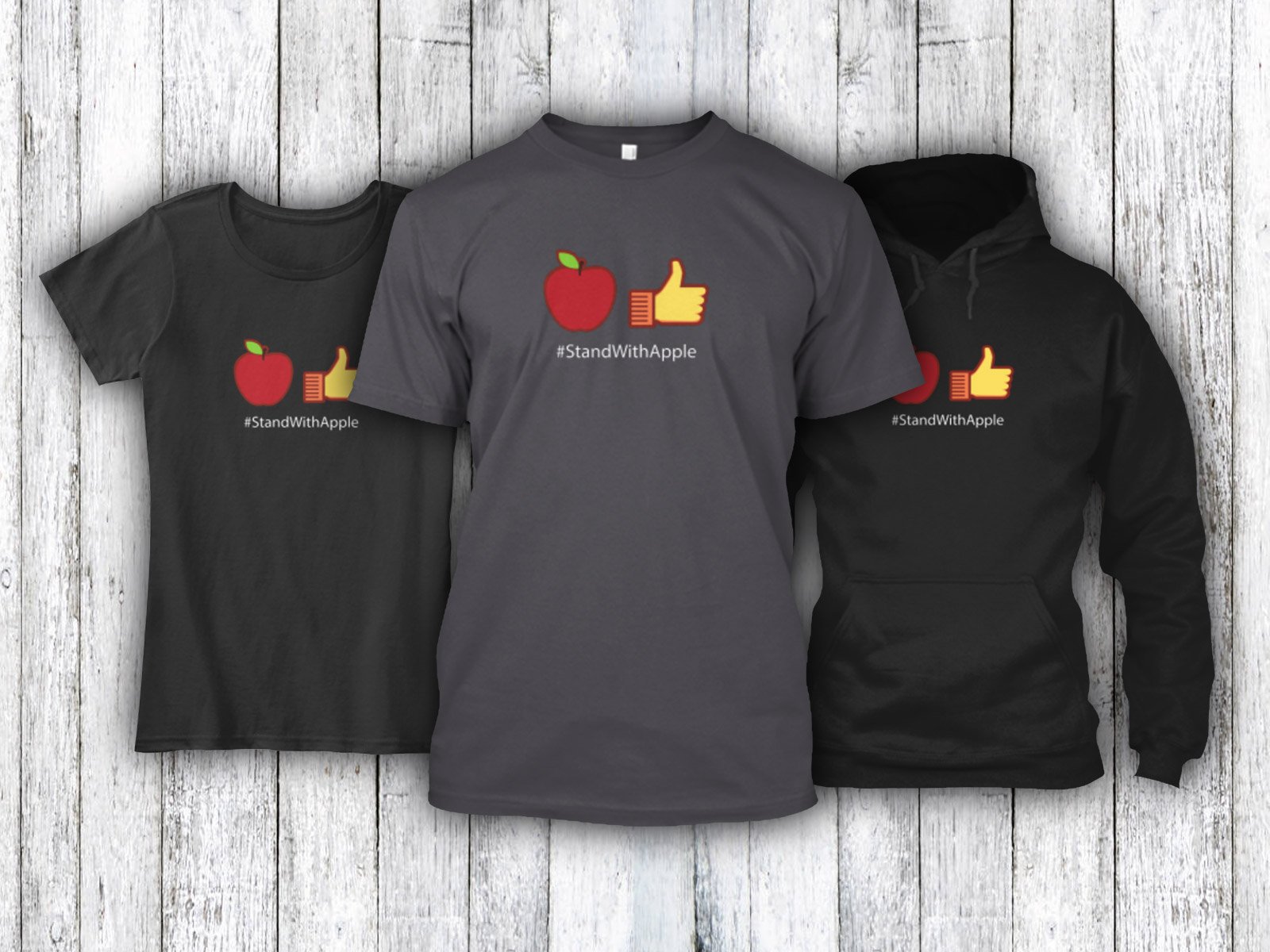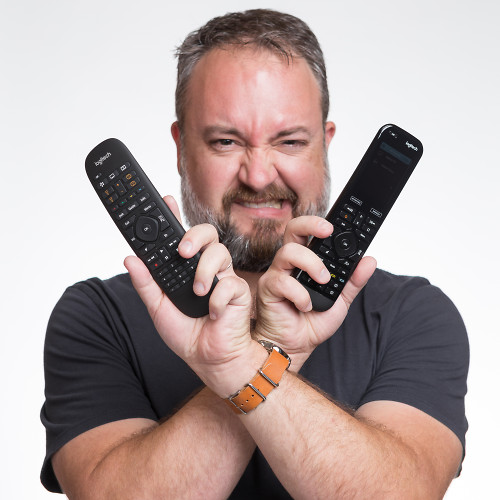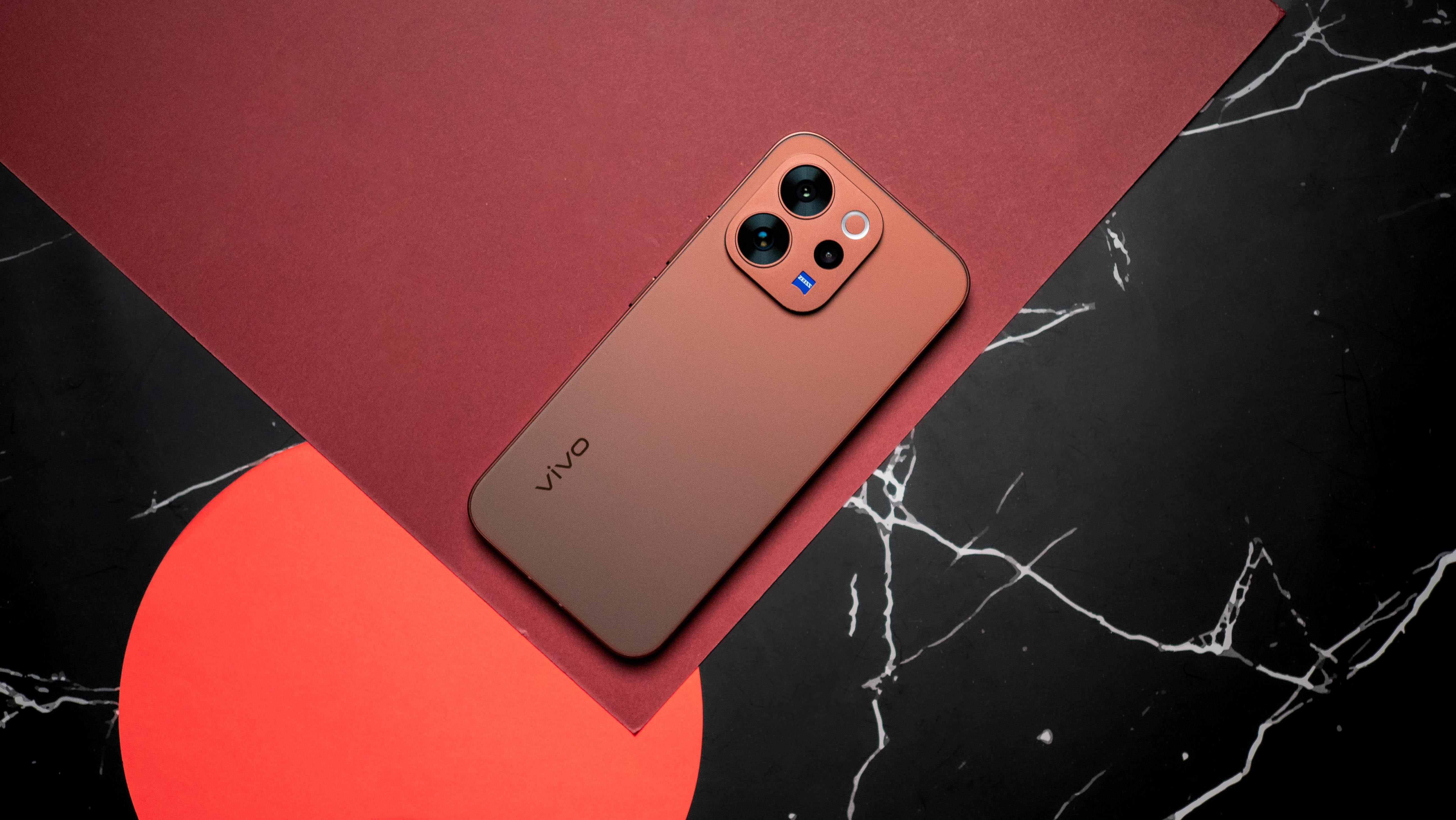Why #StandWithApple misses the point

Get the latest news from Android Central, your trusted companion in the world of Android
You are now subscribed
Your newsletter sign-up was successful
It's still not just about Apple. And it's still not just about the iPhone. And it's infinitely more important than hashtags and T-shirts. Apple's opposition to the FBI's demand that it create an alternative operating system that would aid in the unlocking of a smartphone connected to the San Bernardino terrorist attack may well be the most important legal fight since the development of the smartphone.
Because it's not just about Apple. And it's not just about the iPhone. It's about all our phones, and all the operating systems that run them — and all of our data contained therein.
The introduction of Apple's Motion to Dismiss, signed by seven lawyers on behalf of Apple, shows that Apple understands this pretty clearly.
This is not a case about one isolated iPhone. Rather, this case is about the Department of Justice and the FBI seeking through the courts a dangerous power that Congress and the American people have withheld: the ability to force companies like Apple to undermine the basic security and privacy interests of hundreds of millions of individuals around the globe.
"Not a case about one isolated iPhone." ... "The ability to force companies like Apple." ...
It's about all the companies. And all our phones.
And that's where reducing precedent-setting cases like this (and there's virtually no way this doesn't set some sort of legal precedent) to slogans and battle cries does little good. And #StandWithApple in particular ignores the argument — that the government can not and should not compel a private company to make a product that safeguards our digital lives less safe — and makes it a with-us-or-against-us popularity contest. There's no place in a courtroom for fanboyism. A judge isn't going to be swayed by a hashtag or a T-shirt or an online petition. Lawyers aren't going to admit evidence showing how many times "#StandWithApple" appears online. Or how many "likes" a blog post gets. Or how many T-shirts are sold. A phone giveaway? Please.
If you stand with Apple, you must also stand with us all. Otherwise what's the point?
That's not to say that raising awareness about this case isn't a good thing. Everyone should have a basic understanding of how smartphones and the services we connect with work. That our private information isn't nearly as private as we like to think it is. And that the FBI — the government, really — is looking to force Apple to play a part in setting a very dangerous precedent, one that could compel other companies to do the same should it lose. Google. Microsoft. BlackBerry. Samsung. LG. Anyone who manufacturers phones and holds the keys to the code on which it runs would be next. Everyone needs to be aware of this case.
Get the latest news from Android Central, your trusted companion in the world of Android
Apple and Google take very different directions in their products, of course, and Apple's led the way in helping users keep their data safe, all but requiring PIN codes in the setup process. (Android still needs to be more forceful about that.) Android devices have been slow to adopt full-disk encryption, but that's finally starting to get a little better. And all devices should require a code before booting. (That's still not required or necessarily presented as an option on initial setup, either.)
But one constant in all the differences between Apple and Google — between iOS and Android — is the users, and our data. Our contacts. Our photos. Our private messages of love and hurt and heartache and celebration. A ridiculous amount of our data already is available to law enforcement via other means, including through the iCloud backups of iOS, to say nothing of all the other services used — and of course the network providers themselves. That's true on iOS, and it's true on Android.
So stand with Apple if you like. I do, too, in this case. But that's a woefully myopic position of what may well be this generation's most important legal case regarding hardware and privacy. If you stand with Apple here, you also must stand with us all.
Put that on a T-shirt.

